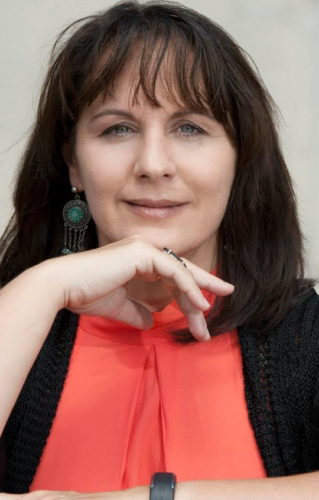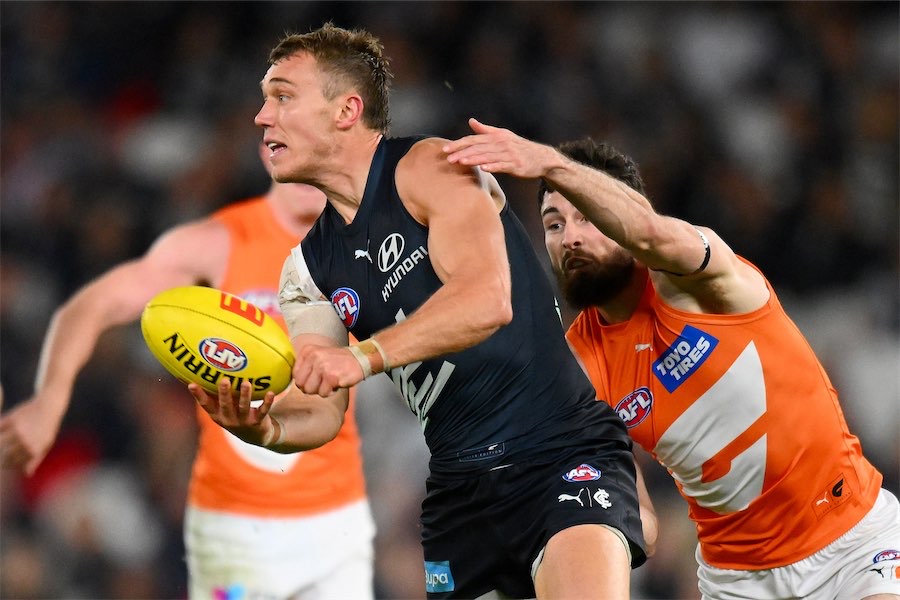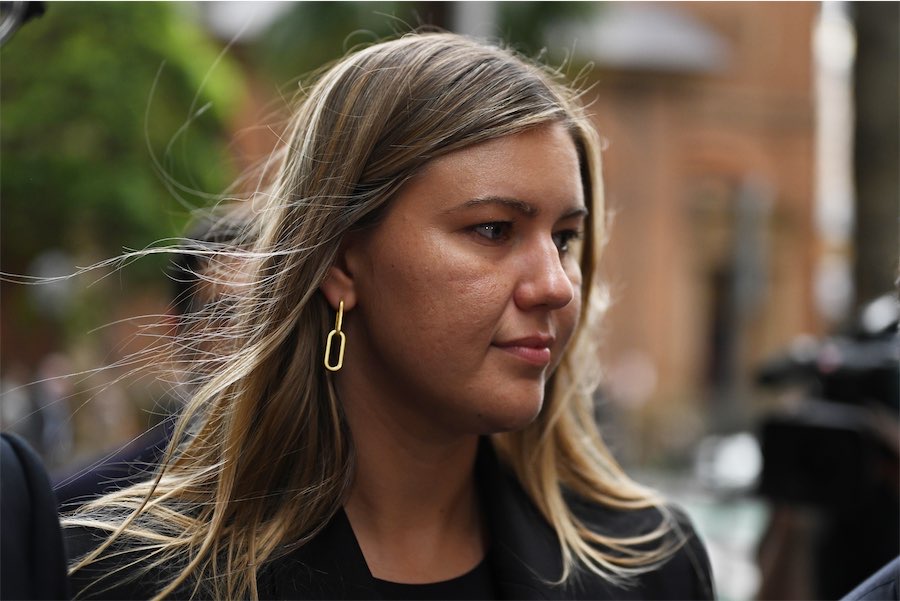Medicinal cannabis lobby group LeafCann is imploring the ACT government not to enact its grow-at-home cannabis legislation until the territory’s doctors are better supported to prescribe the medical form, reports DANIELLE NOHRA.
WHILE Canberra’s Labor/Greens government has been focused on the legalisation of cannabis, advocate for medicinal cannabis Elisabetta Faenza says the current political debate is an unwanted distraction for people seeking to use cannabis as a treatment for their health conditions.

Elisabetta is the CEO of LeafCann, an organisation built on doing research and giving advice around cannabis.
While she understands the ACT government’s desire to minimise harm through the legalisation of cannabis, she says the more pressing issue is access to already legal medicinal cannabis within the ACT.
“At present the ACT has one of the lowest levels of medicinal cannabis prescription due to a lack of medical practitioner education and confidence prescribing,” she says.
“In contrast, the Queensland government has turned around prescribing by making it easier for doctors to gain state government approval of their prescriptions once approved by the TGA and creating a climate where medicinal cannabis is supported by both primary and secondary health care. This has led to greater numbers of physicians prescribing.
“NSW and Victoria have also streamlined approvals and as a result we have seen increasing approvals.”
Elisabetta says the ACT government could create a program to assist GPs to become authorised prescribers, educate hospital and hospice staff about medicinal cannabis, fund clinical research and assist patients with the cost of these medications, which because most are imported at present they are too expensive, due to the many costs imposed by middle-men.
“Harm minimisation should always be driven by evidence and expertise, and not be a political football,” she says.
“The evidence does support decriminalisation/personal use legalisation, however experience in other parts of the world show that if this is done before medicinal cannabis is well established, patients suffer. This needs to be a co-ordinated, well-thought out, roll-out of legislation.
“The risk to the ACT is that legalising recreational use and possession without improving medicinal cannabis access and prescribing may lead people to self-medicate with home-grown cannabis, which is far from optimal for patient outcomes and the development of robust data around medicinal cannabis use and outcomes.”
Elisabetta, 54, became aware of the medicinal benefits of cannabis (which doesn’t include smoking it) after a long history of personal health issues, starting during her childhood in Queanbeyan.
“I had four strokes when I was 11, I had every childhood disease multiple times, I had chickenpox six times, I constantly had bronchitis and was in and out of hospital as a young child,” says Elisabetta, who has a rare neurocristopathy disorder.
“One of the things I didn’t realise was that I was producing endocannabinoids in my body all the time and my body doesn’t break them down, which is one of the reasons I survived all those strokes,” says Elisabetta, who has had four more strokes as an adult, wasn’t expected to make it to school age, but because of the endocannabinoids, she was healing better and faster than doctors could predict.
“Once I discovered that this was what had helped me to recover from the strokes, I started doing a lot of digging into endocannabinoids and what they do,” she says.
“Some scientists believe that many chronic and acute conditions are caused or made worse by a deficiency in endocannabinoids.
“What cannabis does, is it allows the body to come into balance.”
But when Elisabetta is referring to cannabis, she’s not talking about smoking it and says when it’s administered in the medical form, it’s generally prescribed as a drop or a capsule.
“While smoking is easy for users, it comes with a number of issues, the foremost being the decades-long push to reduce tobacco-smoking rates,” she says.
“Few users smoke pure cannabis and tend to dilute it with tobacco, which then works against public health campaigns to reduce smoking.”
Who can be trusted?
In a world of spin and confusion, there’s never been a more important time to support independent journalism in Canberra.
If you trust our work online and want to enforce the power of independent voices, I invite you to make a small contribution.
Every dollar of support is invested back into our journalism to help keep citynews.com.au strong and free.
Thank you,
Ian Meikle, editor





Leave a Reply